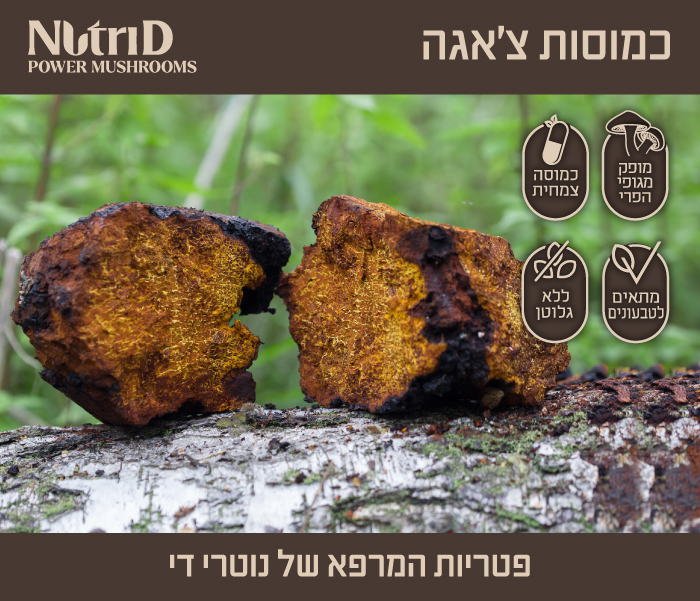[1] Ern PTY, Quan TY, et al. Therapeutic properties of Inonotus obliquus (Chaga mushroom): A review. Mycology. 2023 Oct 20;15(2):144-161. doi: 10.1080/21501203.2023.2260408. PMID: 38813471; PMCID: PMC11132974.
[2] Konrad A. Szychowski, et al. Inonotus obliquus – from folk medicine to clinical use, Journal of Traditional and Complementary Medicine, Volume 11, Issue 4, 2021, Pages 293-302, ISSN 2225-4110. doi:10.1016/j.jtcme.2020.08.003.doi:10.1111/jocd.14051.
[3] Fu Y, Jiang T, Fang X, et al. Integrating Network Pharmacology and Experimental Validation to Explore the Effect and Mechanism of Inonotus obliquus Polysaccharide in the Treatment of Rheumatoid Arthritis. Pharmaceuticals (Basel). 2025 Jul 8;18(7):1017. doi: 10.3390/ph18071017. PMID: 40732305; PMCID: PMC12298222.
[4] Wang J, Wang C, et al. Anti-diabetic effects of Inonotus obliquus polysaccharides in streptozotocin-induced type 2 diabetic mice and potential mechanism via PI3K-Akt signal pathway. Biomed Pharmacother. 2017 Nov;95:1669-1677. doi: 10.1016/j.biopha.2017.09.104. Epub 2017 Oct 6. PMID: 28954386.
[5] L. Liang, Z. Zhang, W. et al. Effect of the Inonotus Obliquus Polysaccharides on Blood Lipid Metabolism and Oxidative Stress of Rats Fed High-Fat Diet In Vivo. 2009 2nd International Conference on Biomedical Engineering and Informatics, Tianjin, China, 2009, pp. 1-4, doi: 10.1109/BMEI.2009.5305591


(200x300).png)










_Nutri Curcumin-LIPO(200x300)_270x270.png)
_Nutri Mag-LIPO(200x300)_new2_270x270.png)
_270x270.png)

(200x300)_270x270.png)
(200x300)3_270x270.png)


_200x300pix_new9_270x270.png)